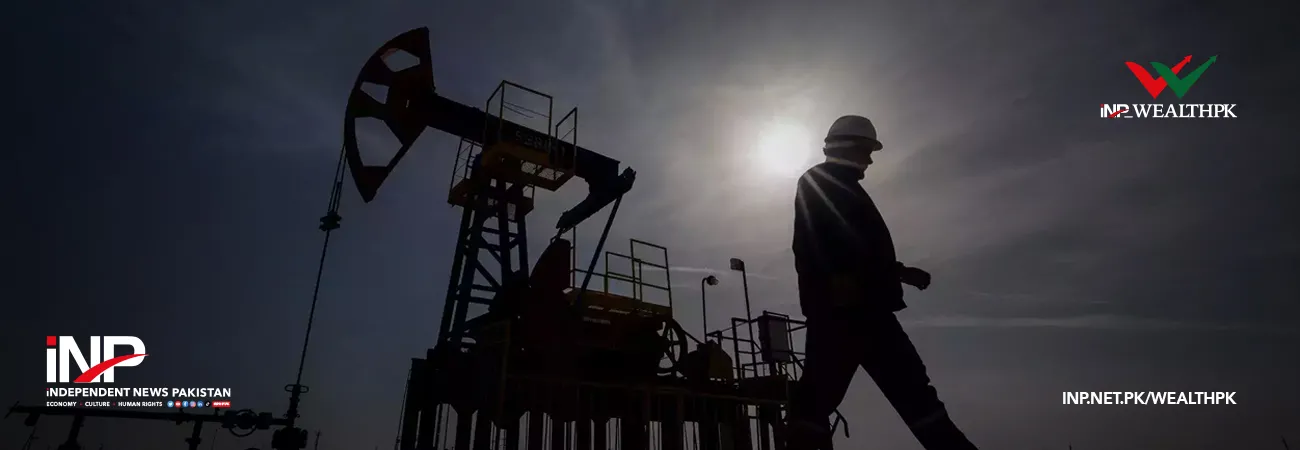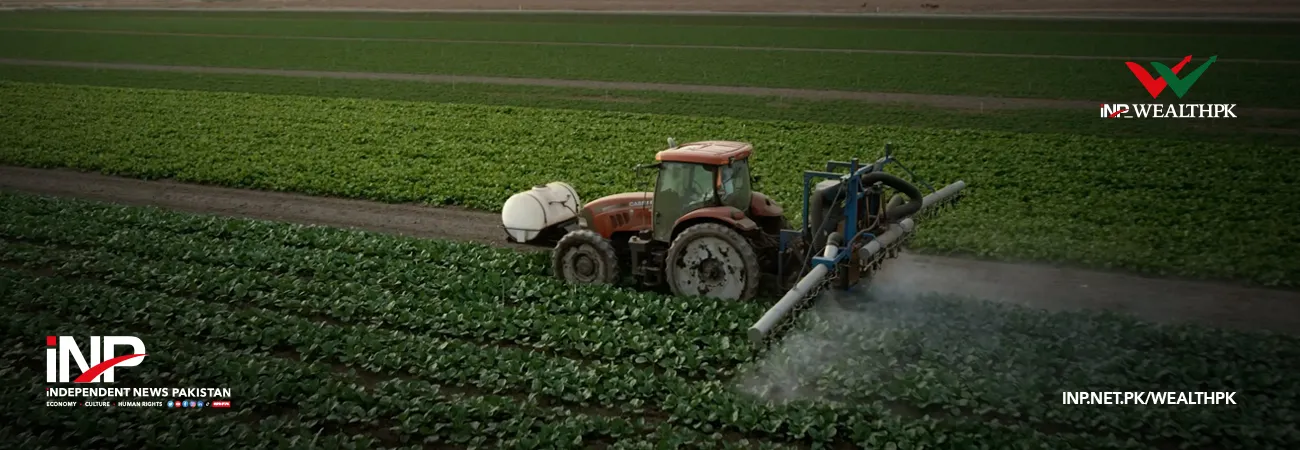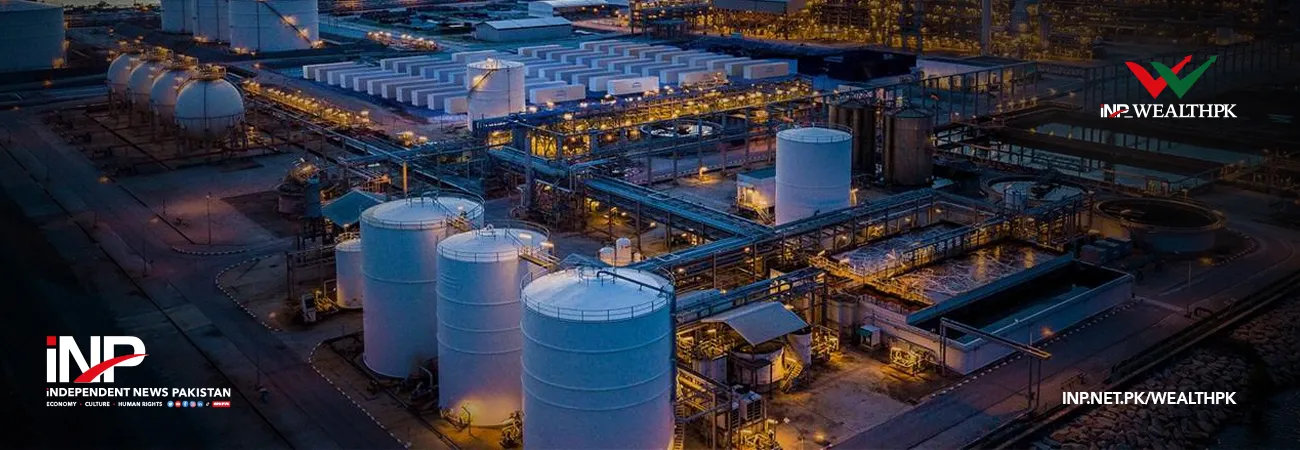INP-WealthPk
Uzair bin Farid
Pakistan transitioned like all modern economies from the agricultural to the services sector but it missed out on developing its manufacturing sector, according to Dr Sajid Amin, who serves as the Deputy Executive Director of Sustainable Development Policy Institute (SDPI).
Speaking exclusively to WealthPK at the IPRI Contemporary Economics Autumn School 2022, he said that the “manufacturing sector is one of the most labour-intensive sectors of the economy. It is in the manufacturing sector that employment is created after the loss of employment in the wake of a disappearing agricultural sector.”
He said that in Pakistan because of emphasis on short-term growth our transition into the services sector was completed without completely managing the development and evolution of a robust manufacturing sector. This is costing us a lot in terms of a lack of employment for the educated youth and also in terms of a lack of productive capacity.
“Our productive capacity is nowhere near to what has been achieved by India and Bangladesh. This is the reason that despite artificial handling of the exchange rate we still not have been able to revive our dormant export sector. Take textiles out of our exports and we are left with nothing,” he said.
“Even when we import something we do it not for input into our manufacturing but mainly for our end consumption. This is seen in our share of consumption that goes into the determination of our GDP,” he said.
“The comparison of long-term trajectories of the growths of different sectors in the South Asian nations shows that we have been falling behind in all indicators of sustainable long-term growth. Our manufacturing sector is nowhere near the development of the manufacturing sector of Bangladesh. This is the reason that Bangladesh’s per capita income has surpassed that of Pakistan and India. Bangladesh has a robust manufacturing sector which absorbs labour force and allows for wage appreciation.”
“This, however, does not mean that Pakistan has lost it. We still can salvage our position if we take measures to address some of the very fundamental problems in our economy and society,” he said.
He emphasized the importance of female labour force participation and a focus on inclusive economic policies. He said that female labour force participation can help control the population which is another of the ticking bombs which nobody seems to care about.
For inclusive growth, he said that “regulation and documentation of economy is a must. In that way, small and medium enterprises can be included in the tax net. They will thus be able to directly benefit from government’s policies to upgrade their productive capacity by trainings and technology transfers.”
For governments, he said that “instead of focusing on macroeconomic stability they should work to formulate policies which are centred around sustainability. If recent floods and pandemic are not enough to open our eyes towards the challenges that we are set to face in future then I am not sure what will,” he said.
Credit: Independent News Pakistan-WealthPk













